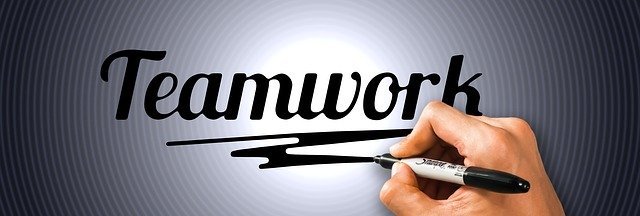Personal Finance
Manage Your Personal Finances With These Easy Tips
Many people out there think that they won’t be able to master their personal finances. This is only true if you don’t have access the correct information for yourself. Knowledge is the key to managing your personal finances. Read the following article to learn to properly manage your personal finances.
Watch the global market by viewing the world news. Instead of ignoring global news, you should pay attention when trading currency. You will be able to make better investment decisions and predict the course of the markets more accurately when you stay up-to-date with worldwide developments.
If you’re earning money with a particular stock, refrain from selling for a short time. You can watch your stocks that are underperforming and think about moving some of those around.
Watch trends when trading in forex. You need to know a lot of information, so you know how to sell high and buy low. Don’t ever sell when there’s an upswing or a downswing. If not wanting to ride out a trend all the way, have clear goals.
Avoid large fees that some brokers charge. Brokers that invest long term investments charge fees for making use of their services. These fees can eat into your overall profits. Avoid using brokers who charge large commissions and don’t invest in funds that come with excessive maintenance fees.
To maintain a good credit score, use more than one credit card. Remember, however, not to go overboard; do not have more than four credit cards. Using one credit card will make it harder to build your credit up, however, using too many cards can also negatively impact your credit. Try using two cards to build up your credit and adding more when needed.
Collection Agencies
Stay on top of your personal finances by making concrete plans for your financial future. An established financial plan may motivate you to minimize your spending and to work harder.
If you have been contacted by collection agencies, your debt will expire after some time if not repaid. Ask experts when the debt you owe will elapse and do not make a payment to a collection agencies that attempt to collect money for older debt.
If you want a measure of security in your financial situation, put a specified amount of money every week or month into a savings account. The savings money should only be used for emergencies, college costs or major expenses, like a down payment on a house. Any amount that you put in savings is helpful. The best way to do it is to look at savings as a bill that you have to pay every month and this way you always put money in.

Credit cards are a great alternative to debit cards. If your credit card application is approved, use it to buy everyday items, such as groceries and gas. Most credit cards offer some kind of rewards, you’ll get rewards or cash back when you use a credit card to purchase these items.
If you fly a lot, you may find it a worthy investment to enter a frequent flier program. It is common for credit card companies to offer frequent flyer rewards for purchases made using your card. It is also frequently possible to redeem frequent flier miles at many hotels where they may be good for a free room, or a discount on your booking.
Take advantage of online banking alert services offered by your bank can offer you. Many banks will send you email or texts when there is activity reported on your account.
Even if you buy grocery items at deep discounts, it’s pointless if they just spoil in your fridge. If you’re throwing out half of what you buy, then you’re also throwing away your money. Be reasonable when hunting for ways to save money at the grocery store.
If you are below 21 years of age and looking for a credit card, you need to realize that the rules changed. It used to be easy for college-age students to get a credit cards were freely given to college students.Research each card’s requirements before applying.
You should get a savings account to save money in case of an emergency. You could also set a savings goal for yourself, then use the money to save for college tuition or pay off a credit card balance.
As mentioned earlier, it takes knowledge and access to good information to effectively manage your personal finances. By taking the time to learn about personal finance, it is possible to avoid spending pitfalls and build real wealth. Take this information and use it to put yourself on track toward becoming financially stable and free from worry.
If you wish to have a credit card and are under 21, you need to realize that the rules changed. In previous times, college students were freely given credit cards with no restrictions. These days, you’ll be required to demonstrate that you have a reliable income or a cosigner to pay the debt in case you default. Figure out what the card’s requirements are prior to applying.


